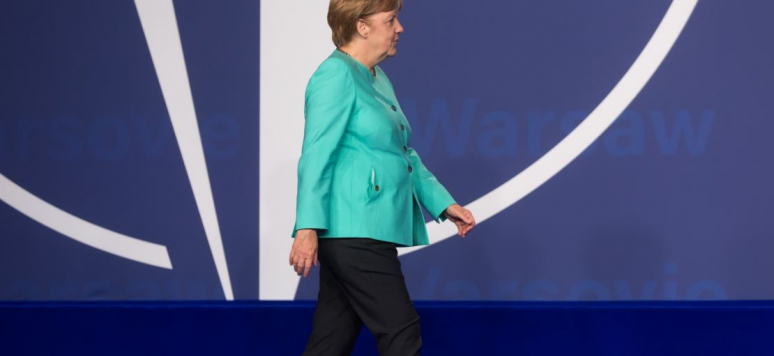Notes du Cerfa - The 2016 German White Paper. The consolidation of the “Munich consensus” and persisting questions Notes du Cerfa, No. 134, October 2016

The 2016 White Paper on security policy and the future of the Bundeswehr is testament to Berlin’s declared will to play a more active role internationally, to assume more responsibility and to provide leadership in close concertation with its partners in Europe and the world.
This policy approach is nowadays labeled “Munich consensus” in reference to a number of speeches by high-ranking German officials at the annual security conference held in Bavaria’s capital. At the same time, Berlin stays true to itself and bets on multilateralism, the comprehensive approach and insists on the idea that the Bundeswehr is just one instrument among others of German security policy (and not necessarily the most appropriate one under all circumstances).
Unsurprisingly, however, a number of questions remain even after the new White Paper’s publication. Although the text clearly is a step forward for German security policy, putting into practice the newly declared ambitions will require measures well beyond consolidating the “Munich consensus” in a strategy document. This pertains to the conditions under which the Bundeswehr can be sent abroad, and notably in the case of scenarios lacking a clear legal basis. But this also concerns the question of whether there is enough political will to back up these new ambitions financially.
This paper is published in French: "Le Livre blanc allemand 2016. La consolidation du « consensus de Munich » et des questions qui persistent" [1]
